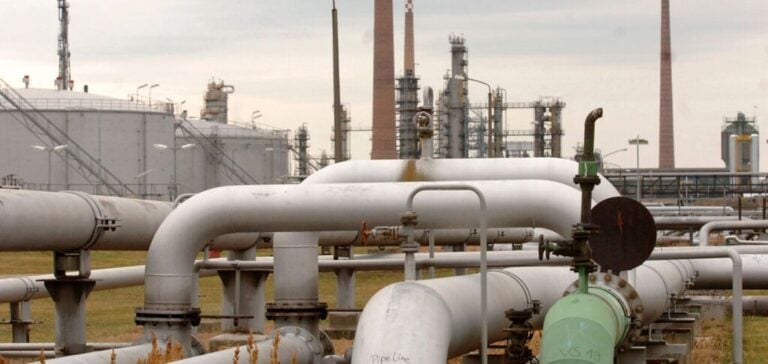The incident on December 1, 2024, involving a leak on the Druzhba pipeline in Poland, highlights the critical issues surrounding the security of European energy infrastructures. This event raises questions about the resilience of supply chains and protection measures against technical or malicious risks.
The Druzhba Pipeline: A Strategic Artery
The Druzhba pipeline is one of the largest oil transport networks in the world. It connects several Eastern European countries, including Poland, to refineries in Germany and beyond. Its function is crucial, particularly at a time when Europe seeks to diversify its supply sources due to growing geopolitical tensions and restrictions on Russian oil imports. This infrastructure is, therefore, a cornerstone of European energy security.
Quick Incident Management by PERN
The Polish operator PERN swiftly contained the incident through an effective activation of emergency protocols. Pumping was immediately halted on the damaged branch, limiting environmental risks. Additionally, the supply to German refineries was maintained via the second branch of the pipeline. This rigorous management demonstrates the resilience of the infrastructure and the operators’ ability to prevent major interruptions.
Authorities also assured that the leak posed no immediate danger to local populations. Preventive measures were taken to secure the area and minimize pollution risks, reinforcing confidence in the crisis management systems in place.
An Ongoing Investigation to Identify Causes
Although it is still too early for definitive conclusions, PERN has launched an investigation to determine the cause of the leak. In a context marked by a surge in attacks targeting critical infrastructures, the possibility of sabotage cannot be ruled out. Previous incidents, such as those involving the Nord Stream pipelines, highlight the vulnerability of these infrastructures to external threats, whether physical or cyber.
Heightened Security Context in Europe
In recent years, Europe has faced a growing number of incidents related to energy infrastructure security, exacerbated by the war in Ukraine and international tensions. These challenges have prompted states and operators to bolster their protection measures, both physically and digitally. Investments in surveillance, maintenance, and security technologies aim to prevent supply disruptions that could have major repercussions on the European economy.
Protecting pipelines, which stretch across thousands of kilometers through multiple countries, poses a significant challenge. In addition to the risk of sabotage, these infrastructures also face natural hazards, technical failures, and cyberattacks, adding complexity to their management.
Future Perspectives
This incident underscores the need to continue efforts to secure energy infrastructures in Europe. The effective management of the leak by PERN illustrates the importance of having robust emergency protocols. However, challenges remain, and it will be crucial to invest in innovative solutions to protect these strategic networks against increasingly sophisticated threats.






















